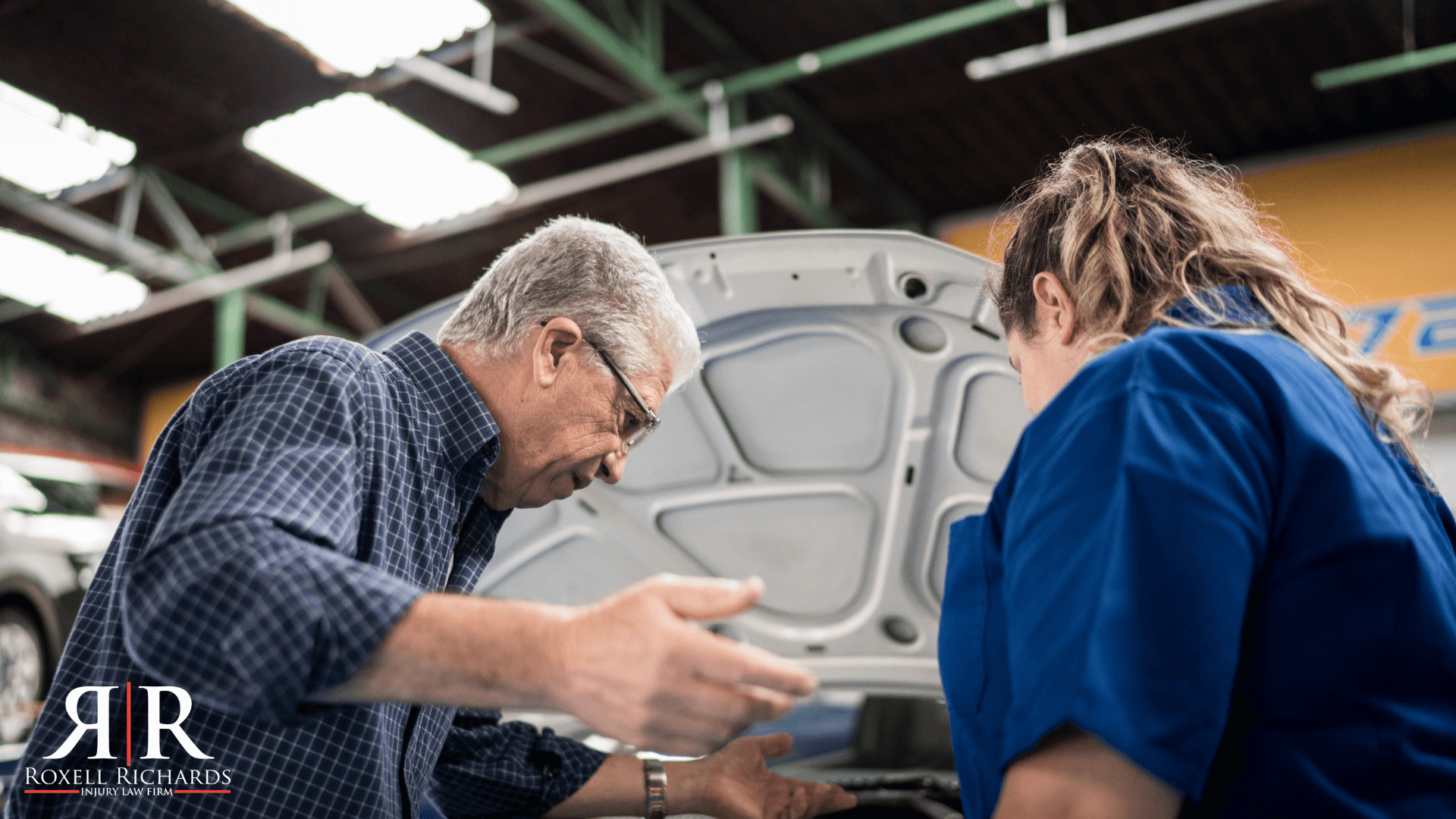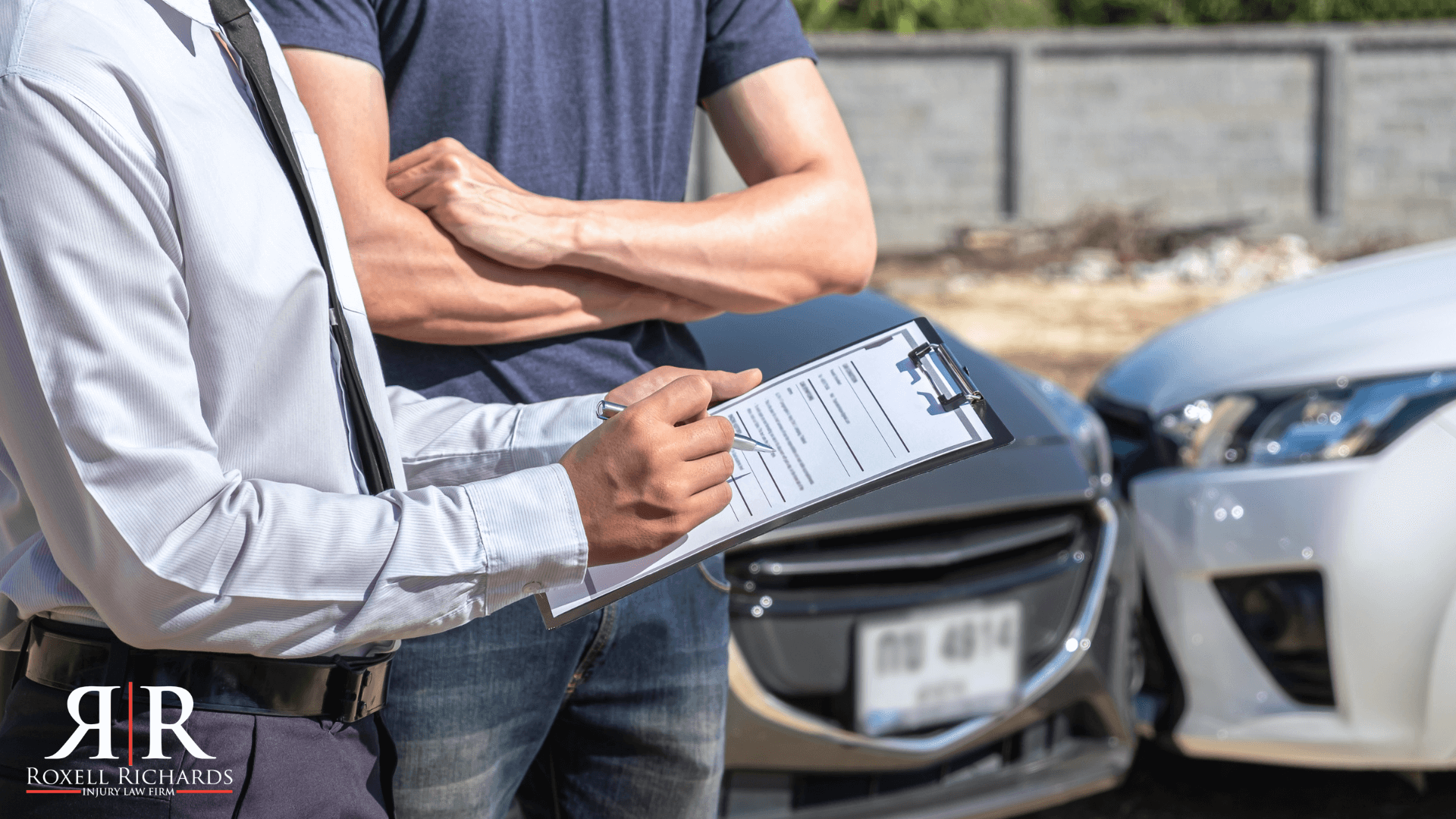Dangers of Defective Car Parts in Accidents
We go on the road so often that we forget how many unfortunate incidents happen there. Vehicular accidents are far too common. In fact, there are many kinds of road accidents.
The usual ones that come to mind are car accidents, DUI, truck accidents, and motorcycle accidents. Others might think of pedestrian accidents as well. Are you aware, however, that defective car parts can cause accidents and even catastrophic injuries on the road? Imagine losing control of your car because the brakes won’t work. And then the seatbelt suddenly comes loose, or your vehicle seems very difficult to maneuver all of a sudden.
How can a tiny defective part be so dangerous?
A defective car can pose a serious risk, as any lawyer or medical practitioner can tell you. Defective car parts can cause accidents on the road, causing serious injuries to everyone involved.
Car accidents can result in a variety of injuries. Some are lucky to sustain minor whiplash injuries, but there are those who unfortunately suffer from catastrophic injuries. Examples of these severe and permanent injuries include spinal cord injury, brain trauma, organ damage, or loss of limbs.
But what is truly terrible about defective car parts in accidents is that these incidents can be prevented if the driver is made aware of the defective car parts in the first place. However, there is a need to inform drivers to check their cars in the first place. Because not everyone has the proper training and knowledge to single out auto parts that are not working properly easily.
What are the commonly defective parts in an automobile?
Ideally, every car that goes on the market goes through a proper and thorough quality check for design defects. Cars are built to be efficient, and consumers trust car manufacturers and distributors that the automobile is in good shape upon purchase.
However, some cases occur when inefficiencies occur and cars are sold with defective auto parts. This is a serious matter; the car should be safe enough to go on the road without causing accidents.
But car accidents do occur because of defective car parts. There are two kinds of defective car parts: a manufacturing defect and a design defect. A manufacturing defect occurs when there is a mistake in the car production or delivery process. This error results in the car parts failing to meet the car’s manufacturing specifications, as the manufacturer’s original intention.
An example of a manufacturing defect would be a car with a steering wheel that doesn’t work or stepping on brake pedals that do not budge.
A design defect, on the other hand, is a mistake in the car’s design and is not a manufacturing flaw. The error lies in the faulty design of the car altogether. An example of this would be designing a car that does not have ample space between the passenger and the airbag upon deployment. This could cause serious injuries to the passenger when the airbag rapidly deploys.
Whether the defective car parts were from a design or manufacturing defect, without informing you that your car is not properly functioning could cause serious danger on the road.
Defective Tires
Irregular checking of tires for defects can cause serious harm. The National Highway Traffic Safety Administration is the government agency in America that is responsible for overseeing road safety. And according to its statistics, car accidents happen because of defective auto parts. For example, the NHTSA reports that in 2020 alone, there were 664 deaths from tire-related accidents.
Tire blowouts can occur as a result of driving a car with defective tires, which could cause a safety risk on the road. Simply put, tire blowouts happen when a tire quickly loses air pressure. When that happens, the driver can easily lose control of the vehicle.
When a front tire experiences a blowout, the driver can sense it by noticing considerable force on the steering. On the other hand, when a back tire experiences a blowout, the pressure can be felt on the body of the automobile instead.
Defective Airbags
Airbags are safety features for drivers and passengers. But when an airbag fails to deploy, it could cause more harm than good.
Airbags are a protective measure that works alongside seat belts. Most cars nowadays have frontal and side-impact airbags to prevent or reduce passenger injury if the car gets into an accident.
These airbags are designed to deploy when the car is in a moderate or severe crash. In some cars, the airbags have also been programmed to deploy in the event of a minor crash.
Purpose of an Airbag
The National Highway Traffic Safety Administration defines a moderate or severe crash as when the car goes around 8 to 14 mph or higher and hits a fixed object.
Airbags are to protect the upper body and the head to limit or prevent injuries altogether in the event of a car crash. These bags quickly inflate. According to the NHTSA, the airbags can inflate in 1/20th of a second. If a passenger is sitting too close to an airbag, injuries may occur due to the rapid deployment of the airbag.
In addition, some cars may have manufacturing defects that prevent airbags from deploying altogether. Another defect would be when the airbag explodes under certain conditions, causing serious harm and even death.
Also, you should note that once an airbag has been deployed, it can no longer be used again. If a car gets into a crash, the driver should go to an authorized repair center to replace the airbag. Buyers of used cars should ensure that the automobiles they are looking into have proper airbags to avoid potential safety hazards later on.
Defective Brakes
Defective brakes can make any car very dangerous and accidents potentially fatal on the road. When the automobile’s brakes malfunction, getting the car to stop could be difficult, especially when you’re moving toward another object.
If you feel like you have to exert more pressure than ever on your brake pedals to make the car stop or if you hear a grinding sound when applying the brakes, these could be signs that the brakes are not working properly.
Defective seat belts
Seat belts, just like airbags, are meant to protect the occupants of the car in case of a car crash. Some cars, however, could come with poorly designed seat belts that cause more harm than good.
Common seat belt defects include seat belts that do not latch. Some seatbelts may seem like they have been properly fastened because of the latches but suddenly come undone in the event of a car crash. Some seat belt straps could also fail under immense stress.
These are clearly the opposite of what a proper seat belt should do. Seat belts should come properly latched so passengers do not expect them to come off while on the road suddenly.
Seat belts should also be easy to pull and attach as intended and not difficult to maneuver at all. Lastly, seat belts have been designed to withstand tremendous force, so if they are easily damaged, you might look at a design defect.
What should I do if I get into an accident because of defective car parts?
If you get involved in a car accident because a particular part of your car is not properly working, it would be a good idea first to seek medical help. This is very important, as medical practitioners are trained to treat physical injuries we might not even know. Other occupants of the vehicles involved in the car crash should also get immediate medical attention as well.
At the same time, it would also be best to call the authorities to inform them of the accidents. Police officers are trained to assess the scene of the accident objectively, and they will be able to pinpoint the cause of the accident.
Next, inform your insurance company of an accident due to defective car parts. File a claim so you can get compensation for the defective vehicle parts.
Will I need the help of a personal injury attorney?
If you get involved in an accident caused by a defective car, a lawyer can help you with your case. Product liability claims concerning defective car parts can be rather tricky, and you would need the assistance of an experienced lawyer to handle your case.
Identifying the at-fault party for defective vehicle parts could be quite challenging. Automobile manufacturing is a complex business. Various companies may manufacture car parts. Who assembles the vehicle might be completely different from who made the vehicle.
Also, car distributors are different from car manufacturers. So the company that made your car might not be the same establishment that made your car. In this regard, you will need the help of a skilled attorney with years of experience and training to properly identify the at-fault party.
Are you in the Houston area looking for a personal injury attorney? If you or a loved one got into a car accident due to defective car parts, get in touch with us. Get help from the best Houston Personal Injury Law Firm today. Call Roxell Richards Law Firm for a free consultation. You can reach us at 713-974-0388 or 1855-GETINJURYHELP. We’re looking forward to helping you!







